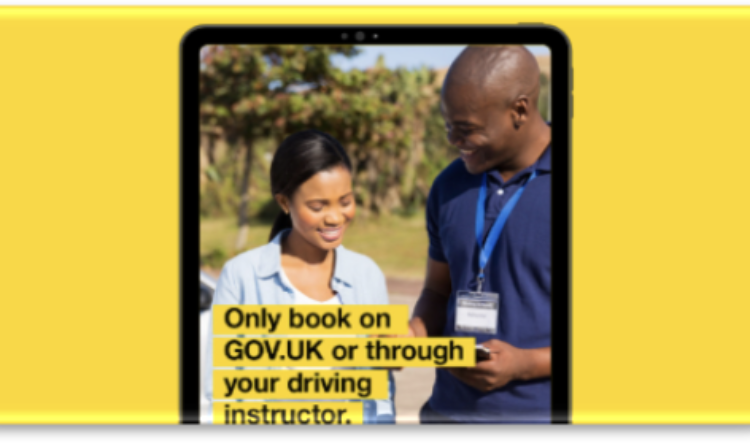Waiting times ongoing
Training and testing remain under huge pressures
66% of instructors say driving test wait times haven’t reduced at all over recent months.
New research has revealed that the pressures around learning to drive and passing a driving test will continue into 2022.
The conclusions come from a survey of 150 driving instructors from across the country undertaken by Young Driver. It reveals that 70% of ADIs still have considerable waiting lists for starting lessons. In fact, 39% of these admit that potential pupils are in for a long wait before they can begin learning.
Sixty six per cent of the instructors questioned also state that in their experience the waits for driving tests haven’t reduced at all. Many of their pupils face long delays before they can book their practical assessment. The remaining 34% felt things have improved slightly since the summer. However, zero respondents to the survey felt it was anywhere near being ‘back to normal’.
Sensible planning
Young Driver asked ADIs for their advice to those waiting to begin learning on the road. They advise planning early and that this is key. Those 16 year olds wanting to learn should apply for their provisional licence in plenty of time, especially considering the well documented delays with paperwork. Finding a driving instructor and securing bookings up to six months before when they want to begin lessons is also a popular tip. Many also advised learners to take the opportunity to get ahead in their theory knowledge.
Though there was concern over those just starting their learning booking a test. This not only adds to the strain on the testing service and booking system, but many learners will not be ready for test. Tests should not be booked until both the trainer and the pupil are confident that the candidate will be ready and fully prepared, reducing stress all round.
Repercussions
Sue Waterfield, head of marketing at Young Driver, says that the word on the street is that “things aren’t improving”. When it comes to getting learners through their lessons, passing their tests and on the road it remains very challenging. It remains a concerning issue with wider repercussions.
“Driving is an essential life skill for many young people, particularly for those in rural areas who may not be able to rely on public transport. So, denying them that opportunity can have huge repercussions in terms of education, employment and mental wellbeing.”







